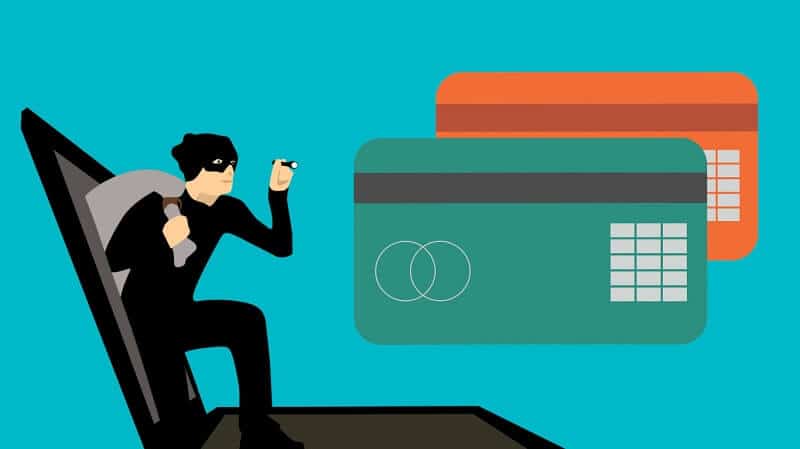Philippine Law Protecting Cyber Space and Information Technology
The Philippines recognizes the vital role of information and communications industries and the need to protect and safeguard the integrity of computer, computer and communications systems, networks, and databases, and the confidentiality, integrity, and availability of information and data stored therein, from all forms of misuse, abuse, and illegal access by making punishable under the law such conduct or conducts.
With this policy in mind, the Philippines enacted in 2012 Republic Act No. 10175, or otherwise known as the Cybercrime Prevention Act (“RA 10175”), which enumerates cybercrimes and provides for their penalties.
This law was challenged in the case of Jose Disini, Jr., et. al., vs. the Secretary of Justice, et. al., G.R. No. 203335, 18 February 2014. Some crimes were declared unconstitutional, but Section 4(b)(3) that penalizes identity theft or the use or misuse of identifying information belonging to another was declared by the Supreme Court to be valid and constitutional. As such, identity theft is now considered a crime under the Cybercrime Prevention Act of 2012.
What is the crime of Identity Theft?
Under RA 10175, Computer-related Identity Theft is the intentional acquisition, use, misuse, transfer, possession, alteration or deletion of identifying information belonging to another, whether natural or juridical, without right.
For purposes of the law, alteration refers to the modification or change, in form or substance, of an existing computer data or program.
Also, computer refers to an electronic, magnetic, optical, electrochemical, or other data processing or communications device, or grouping of such devices, capable of performing logical, arithmetic, routing, or storage functions and which includes any storage facility or equipment or communications facility or equipment directly related to or operating in conjunction with such device. It covers any type of computer device including devices with data processing capabilities like mobile phones, smart phones, computer networks and other devices connected to the internet.
In Jose Disini, Jr., et. al., vs. the Secretary of Justice, et. al., supra, the Supreme Court had this to say:
“The usual identifying information regarding a person includes his name, his citizenship, his residence address, his contact number, his place and date of birth, the name of his spouse if any, his occupation, and similar data. The law punishes those who acquire or use such identifying information without right, implicitly to cause damage.
Evidently, the theft of identity information must be intended for an illegitimate purpose. Moreover, acquiring and disseminating information made public by the user himself cannot be regarded as a form of theft.”
Aiding or Abetting Cyber Criminals also a Crime
What is peculiar with the cybercrime law is that it also punishes the crime of Aiding or Abetting in the Commission of Computer-related Identity Theft. This was held to be valid and constitutional and RA 10175 states that any person who willfully abets or aids in the commission of any of the offenses enumerated in the Cybercrime Prevention Act shall be held liable.
Penalties for Committing Identity Theft
When it comes to penalties, RA 10175 penalizes any person found guilty of computer-related identity theft with imprisonment of prision mayor (6 years and 1 day to 12 years) or a fine of at least Two hundred thousand pesos (PhP200,000.00) up to a maximum amount commensurate to the damage incurred or both.
On the other hand, any person found guilty of Aiding or Abetting in the Commission of Computer-related Identity Theft shall be punished with imprisonment of 6 months and 1 day to 6 years or a fine of at least One hundred thousand pesos (PhP100,000.00) but not exceeding Five hundred thousand pesos (PhP500,000.00) or both.
If no damage has yet been caused, the penalty imposable shall also be that of an aiding or abetting.
With regard to penalties, the Court had this to say, to wit:
“The matter of fixing penalties for the commission of crimes is as a rule a legislative prerogative. Here the legislature prescribed a measure of severe penalties for what it regards as deleterious cybercrimes. They appear proportionate to the evil sought to be punished. The power to determine penalties for offenses is not diluted or improperly wielded simply because at some prior time the act or omission was but an element of another offense or might just have been connected with another crime. Judges and magistrates can only interpret and apply them and have no authority to modify or revise their range as determined by the legislative department.”
About Nicolas and De Vega Law Offices
If you need assistance in cybercrime, civil or other criminal law-related issues, we can help you. Nicolas and de Vega Law Offices is a full-service law firm in the Philippines. You may visit us at the 16th Flr., Suite 1607 AIC Burgundy Empire Tower, ADB Ave., Ortigas Center, 1605 Pasig City, Metro Manila, Philippines. You may also call us at +632 84706126, +632 84706130, +632 84016392 or e-mail us at [email protected]. Visit our website www.ndvlaw.com.









